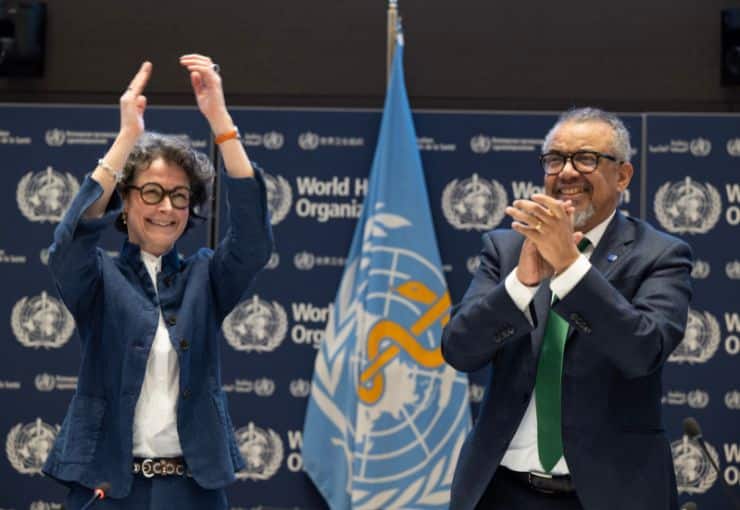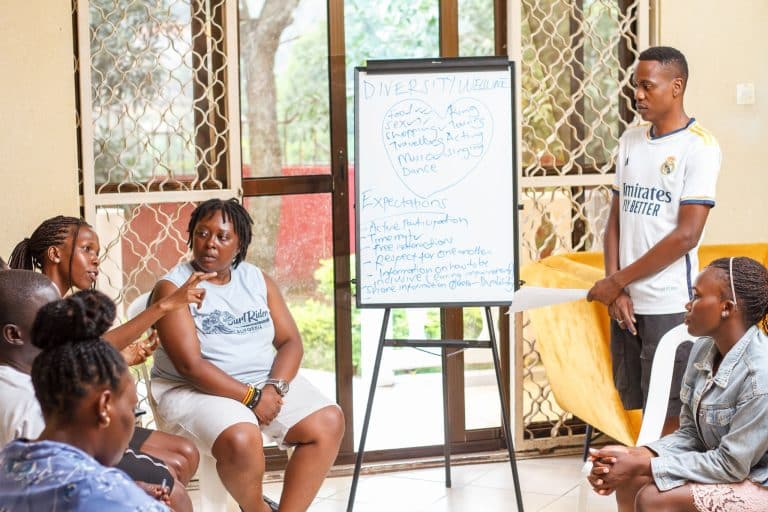Only one skilled health professional for every 1,000 inhabitants. A population that has doubled from 21 to over 40 million people in the last ten years. An expenditure of USD 51 per capita on health out of which only USD 8 comes from public domestic sources. This is the present-day situation in Uganda, a country that has been facing a huge shortage of human resources for health (HRH) for many years, with a direct and devastating impact on numerous population health indicators, particularly on maternal mortality rates.
In our joint country report with the African Centre for Global Health and Social Transformation (ACHEST) and Wemos’ advocacy brief on health workforce financing in Uganda, we show the results of our analysis of these figures, highlight main concerns about the current situation and present key recommendations for consideration by both the international community and the government in Uganda.
Findings
The findings show that despite efforts made by the Ugandan government and its partners, the shortage of health workers still persists, the irony being that the country has a large pool of trained, licensed, but unemployed health professionals. To improve the health workforce situation and retain health workers in the country, the underlying factors – insufficient funding and poor management of funds – need to be addressed first.
The report also shows that the total health expenditure has been decreasing in the last decade. A large share of the health budget in Uganda is funded by development partners, yet in most cases, these funds cannot be used to pay health workers salaries. The delay of the National Health Insurance Scheme process means the household out-of-pocket spending on health remains high and often catastrophic, compromising the affordability of health services.
Recommendations
In our report, we present several recommendations to various actors. Some examples:
- The Ugandan Ministry of Health should adjust staffing level standards for the health workforce to the size, distribution and needs of the population
- The IMF should help governments to raise public spending on health by easing the strict targets on monetary and fiscal policy.
- Development partners and donors should raise their support for health worker recruitment and salaries by offering more flexible and dependable funding and by moving back to a sector-wide approach.
- And civil society organisations need to continue advocating the right to health.
Read the analysis and all recommendations in the advocacy brief or the full report.
The study
Wemos collaborated on this study with the African Center for Global Health and Social Transformation (ACHEST) as part of our Health Systems Advocacy Partnership (HSAP). Together we conducted an extensive literature review and performed several interviews with representatives of the government of Uganda, the donor community and international and Ugandan civil society organisations (CSOs).
Contact Wemos
- For more information about the report, please contact Myria Koutsoumpa, myria.koutsoumpa@wemos.nl
- Press and communication: Valeria Huisman, valeria.huisman@wemos.nl
- Phone number Wemos: +31(0)20-4352050
*This article was originally published on September 5th, 2019 and has been updated since the official launch of the report by ACHEST in Uganda.




